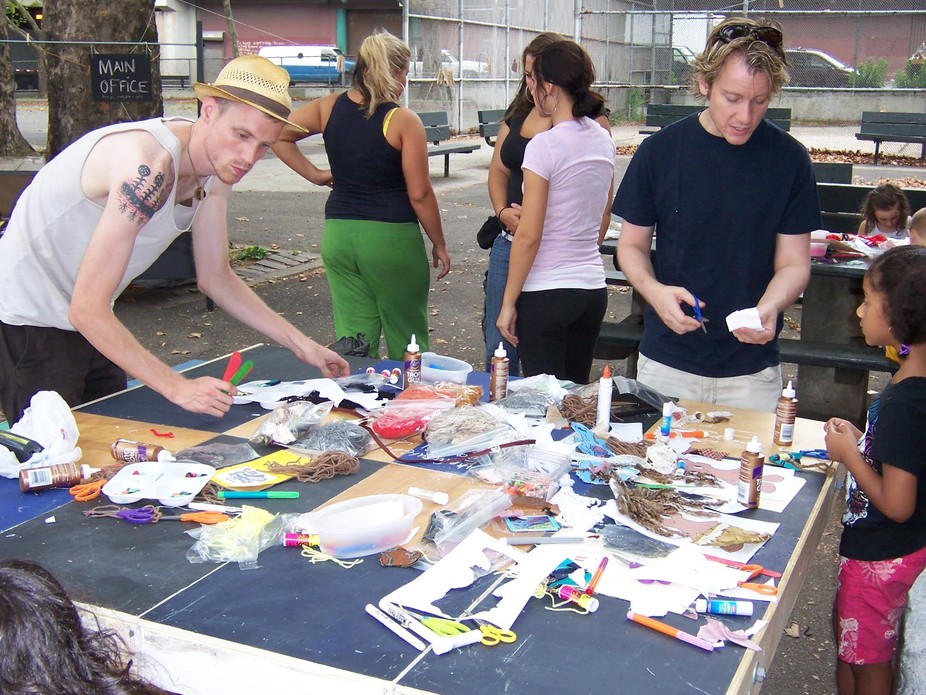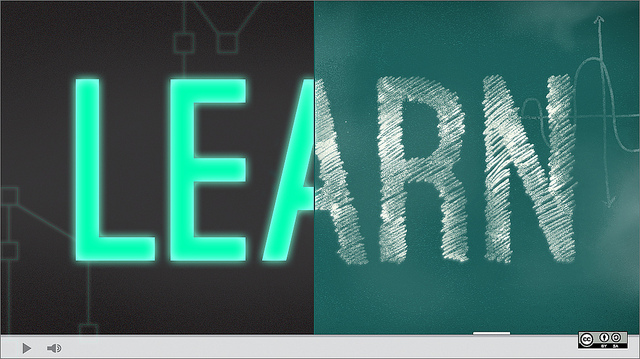How civic intelligence can teach what it means to be a citizen

Douglas Schuler, Evergreen State College
This political season, citizens will be determining who will represent them in the government. This, of course, includes deciding who will be the next president, but also who will serve in thousands of less prominent positions.
But is voting the only job of a citizen? And if there are others, what are they? Who decides who will do the other jobs – and how they should be done?
The concept of “civic intelligence” tries to address such questions.
I’ve been researching and teaching the concept of “civic intelligence” for over 15 years. Civic intelligence can help us understand how decisions in democratic societies are made now and, more importantly, how they could be made in the future.
For example, my students and I used civic intelligence as the focus for comparing colleges and universities. We wanted to see how well schools helped educate their students for civic engagement and social innovation and how well the schools themselves supported this work within the broader community.
My students also practiced civic intelligence, as the best way of learning it is through “real world” projects such as developing a community garden at a high school for incarcerated youth.
So what is civic intelligence? And why does it matter?
Understanding civic intelligence
Civic intelligence describes what happens when people work together to address problems efficiently and equitably. It’s a wide-ranging concept that shows how positive change happens. It can be applied anywhere – from the local to the global – and could take many forms.
For example, civic intelligence was seen in practice when representatives of the world’s governments created and unanimously approved a global action plan last year in Paris. While climate change remains an immense threat, this global cooperation involving years of dedicated debate and discussion produced a common framework for action for worldwide reduction of greenhouse gases.
Another example is that of mayors around the world establishing networks such as the Global Parliament of Mayors to bring elected officials together on a regular basis to discuss issues facing cities, such as housing, transportation and air quality. One of these networks, the C40 Cities Climate Leadership Group, was launched when representatives of the world’s 40 largest cities wanted to collaborate to address climate change.
Similarly, millions of researchers, teachers, artists, other individuals and NGOs worldwide are working to improve their cities and communities. These efforts are amazingly diverse.
In one such case, groups of church members and others from the community in Olympia, Washington, worked for several years with homeless people and families to develop affordable housing solutions. And in Brooklyn, a group of young people started an experimental School of the Future to develop their ideas on what schools could or should be.
What’s the history?
The term “civic intelligence” was first used in English in 1898 by an American clergyman Josiah Strong in his book “The Twentieth Century City” when he wrote of a “dawning social self-consciousness.”
Untold numbers of people have been thinking and practicing civic intelligence without using the term. A brief look at some notable efforts reveals some historic approaches to its broader vision. Let’s take a few:
- John Dewey, the prominent social scientist, educator and public intellectual, was absorbed for much of his long professional life with understanding how people pool their knowledge to address the issues facing them.
- The American activist and reformer Jane Addams, who in 1889 cofounded the Hull House in Chicago, which housed recent immigrants from Europe, pioneered scores of civically intelligent efforts. These included free lectures on current events, Chicago’s first public playground and a wide range of cultural, political and community research activities.
Civic intelligence today
There are more contemporary approaches as well. These include:
- Sociologist Xavier de Souza Briggs’ research on how people from around the world have integrated the efforts of civil society, grassroots organizations and government to create sustainable communities.
- With a slightly different lens, researcher Jason Corburn has examined how “ordinary” people in economically underprivileged neighborhoods have used “Street Science” to understand and reduce disease and environmental degradation in their communities.
- Elinor Ostrom, recently awarded the Nobel Prize in economics, has studied how groups of people from various times and places managed resources such as fishing grounds, woodlots and pastures by working together collectively to preserve the livelihoods’ sources for future generations.
Making use of civic intelligence
Civic intelligence is generally an attribute of groups. It’s a collective capability to think and work together.
Advocates and practitioners of civic intelligence (as well as many others) note that the risks of the 21st century, which include climate change, environmental destruction and overpopulation, are quantitatively and qualitatively unlike the risks of prior times. They hypothesize that these risks are unlikely to be addressed satisfactorily by government and other leaders without substantial citizen engagement.
They argue that with or without formal invitations, the citizen must assume more responsibility for the state of the world, especially since in some cases the leaders themselves are part of the problem.
“Ordinary” people could bring many civic skills to the public sphere, such as innovation, compassion and heroism that are indispensable to the decision-making processes.
That is what brought about changes such as human rights, overturning slavery and the environmental movement. These were initiated not by businesses or governments, but by ordinary people.
Twenty-first century civics
The civics classes that are required in the public schools mostly focus on conventional political processes. They might teach about governance in a more conventional way, such as how many senators there are (100) or how long their terms are (six years). But self-governance needs more than that.
At a basic level, “governance” happens when neighborhood groups, nonprofit organizations or a few friends come together to help address a shared concern.
Their work can take many forms, including writing, developing websites, organizing events or demonstrations, petitioning, starting organizations and, even, performing tasks that are usually thought of as “jobs for the government.”
And sometimes “governance” could even mean breaking some rules, possibly leading to far-reaching reforms. For example, without civil disobedience, the U.S. might still be a British colony. And African-Americans might still be forced to ride in the back of the bus.
As a discipline, civic intelligence provides a broad focus that incorporates ideas and findings from many fields of study. It involves people from all walks of life, different cultures and circumstances.
A focus on civic intelligence could lead directly to social engagement. I believe understanding civic intelligence could help address the challenges we must face today and tomorrow.
![]()
Douglas Schuler, Professor, Interdisciplinary Studies, Evergreen State College
This article was originally published on The Conversation. Read the original article.








